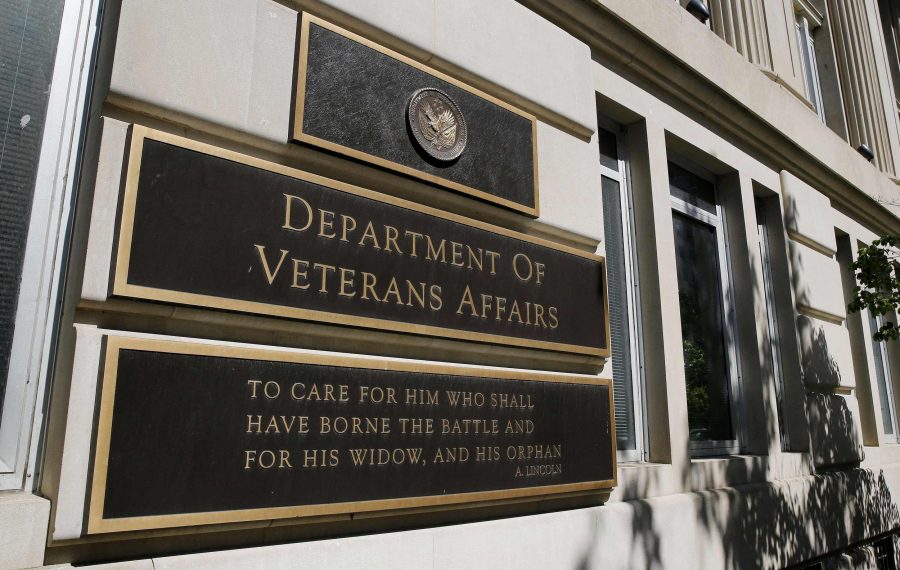Federal officials are investigating dozens of cases of possible opioid and other drug theft by employees at Veterans Affairs hospitals.
Information obtained by The Associated Press show 36 criminal investigations opened by the Veteran Affairs inspector general’s office issued from October 1 through May 19. The data shows 108 open criminal cases involving theft or unauthorized drug use.

Hundreds of drug thefts have been reported in Veterans Affairs hospitals
The numbers show an increase from a similar period last year, and the VA pledged zero tolerance in drug or prescription thefts following an AP story in February about the increased number of reported cases of stolen or missing drugs at the VA since 2009.
The cases show that doctors, pharmacy staff, and nurses in the VA’s network of more than 1,000 clinics and 160 medical centers are suspected of stealing controlled substances for their own use or street sale, or the medications simply vanished without explanation.

Drug thefts are becoming a major problem at VA centers or private hospitals as the illegal use of opioids has increased throughout the United States. The AP obtained data from the Drug Enforcement Administration under the Freedom of Information Act, which showed the rate of reported missing drugs at VA health facilities was more than double that of private health facilities.
Sen. Marco Rubio said the findings were troubling, and he asked Congress to pass bipartisan accountability legislation that gives the agency the tools needed to dismiss employees engaged in thefts. The Senate announced it will vote on the bill June 6.
“The theft and misuse of prescription drugs, including opioids, by some VA employees, is a good example of why we need greater accountability at the VA,” said Rubio, according to Business Insider.
The VA is conducting inventory checks and ‘double-locking’
The VA announced in February it would make greater efforts to combat drug thefts, including employee inspections and drug tests. VA Secretary David Shulkin, who leads the top VA officials in Washington, pledged to be more active and said they are holding conference calls with health facilities to develop plans as well as review data to flag problems.
“Prescription drug diversion is a multifaceted, egregious health care issue,” said Jeffrey Hughes, the acting VA assistant inspector general for investigations, according to Business Insider. “Veterans may be denied necessary medications or their proper dosage and medical records may contain false information to hide the diversion, further putting veterans’ health at risk.”
The VA noted it was working to develop additional policies to improve drug safety and reduce drug theft and diversion in the entire health care system. After the AP released the story in February, the DEA data provided specific details of the problem at the VA. Losses or theft increased from 237 in 2009 to 2,844 in 2015, before dropping to 2,397 last year. According to VA data, in only about 3 percent of those cases have doctors, pharmacy employees or nurses been disciplined.
Criminal investigators urged the need for continuing drug prevention efforts. The VA conducts inventory checks every 72 hours and “double lock and key access” to drugs.
Source: Business Insider

There were at least two times as mental health inpatient where I had been prerscribed benzodiazapines but never received them.I had to eat the nicotine gum instead.